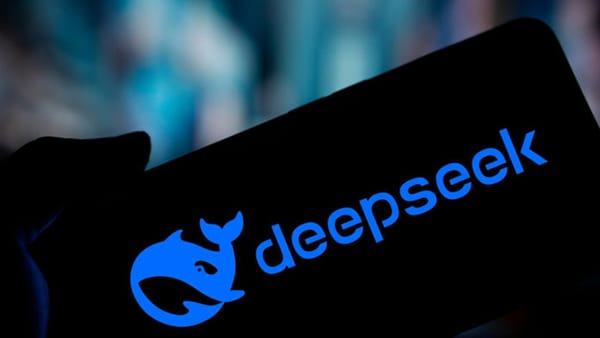The Rise of AI Agents

Artificial Intelligence (AI) has come a long way since the days of simple chatbots that could handle basic customer inquiries. Today, AI agents have evolved into sophisticated autonomous systems capable of managing complex tasks, fundamentally transforming workflows across various industries. This evolution not only enhances efficiency but also raises important questions about the future of employment.
From Chatbots to Autonomous Agents
Initially, chatbots were designed to handle straightforward tasks like answering frequently asked questions. However, advancements in machine learning and natural language processing have given rise to AI agents that can perform higher-order planning, reasoning, and orchestration with minimal human intervention. For example, Salesforce's Agentforce 2.0 is designed to significantly reduce the need for human support staff by automating routine tasks, thereby saving costs.
Impact Across Industries
The capabilities of modern AI agents are being harnessed in various sectors:
- Customer Service: AI agents can handle inquiries, process refunds, and schedule appointments autonomously, leading to faster response times and improved customer satisfaction.
- Software Development: Companies like Microsoft are integrating AI into their development processes. The introduction of pay-as-you-go agents for its revamped Copilot Chat aims to automate aspects of coding and application development, thereby increasing productivity.
- Data Analysis: AI agents can sift through vast datasets to identify trends and insights, enabling more informed decision-making without the need for extensive human oversight.
Implications for Employment
The rise of AI agents brings both opportunities and challenges to the workforce:
- Job Displacement: According to the Tony Blair Institute, between 1 to 3 million jobs could ultimately be displaced by AI.
- Job Creation: Conversely, the World Economic Forum suggests that AI will create 97 million new jobs by 2025, particularly in areas such as data analysis, software development, and cybersecurity.
- Skill Shift: There is a growing demand for professionals skilled in AI technologies. Data indicates that job titles containing "AI" have increased by 200%, reflecting the need for expertise in this evolving field.
Navigating the Transition
As AI agents become more prevalent, both organizations and employees must adapt:
- Upskilling: Workers should seek training in AI-related skills to remain competitive in the job market. This includes understanding how to work alongside AI systems and leveraging them to enhance job performance.
- Policy Development: Companies and governments need to develop policies that address the ethical implications of AI deployment, ensuring that the integration of AI agents benefits society as a whole.




